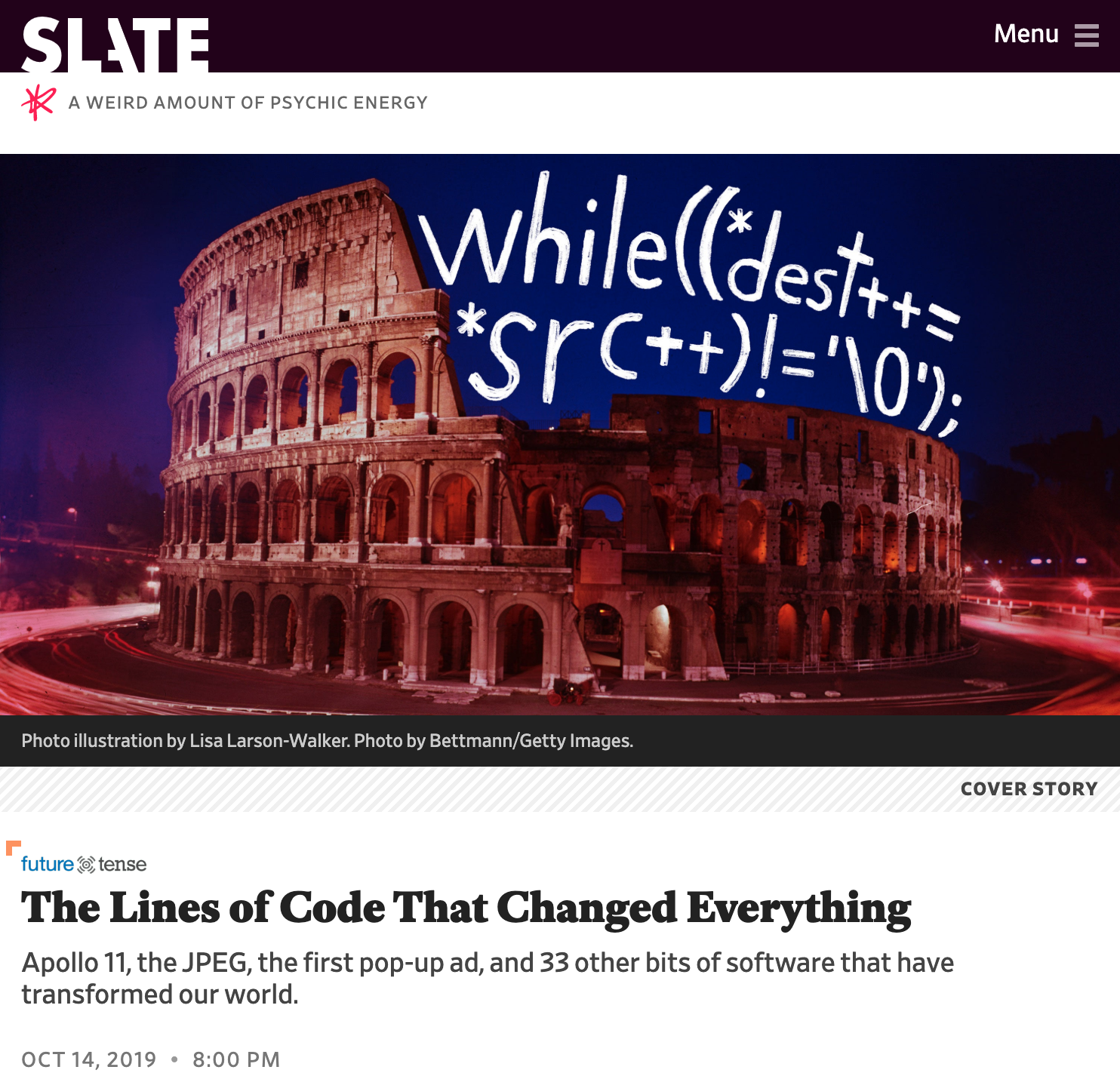Associate Professor of Law David Levine offered insights for the article, which discussed history's most influential pieces of computer code.
Daily web magazine Slate featured Associate Professor of Law David Levine in an article about the history of computer code and its impact on society.
In the article, “The Lines of Code That Changed Everything,” Slate tabs experts for their insights about the code they believe has had the greatest impact throughout history. For example, the author first details the introduction and influence of the Facebook “like” button, which had been clicked more than one trillion times in the first three years of its existence.
Experts in the article discuss other important advancements in code, like the origin of email, the HTML hyperlink and the introduction of JPEG images.
“One clear trend illustrated here: The most consequential code often creates new behaviors by removing friction,” the author writes. “When software makes it easier to do something, we do more of it.”

In the article, Levine highlights the influence of RSS, the web feed that gives users access to news headlines and website updates, organizing them into one, standardized location.
Levine writes, “By bringing news stories, blogs, blawgs, podcasts, and other forms of web publishing into a standard format, RSS (which stands for Rich Site Summary or Really Simple Syndication) code lets you consume information published by a variety of sources in a single simple, effective, and efficient manner.”
Levine also highlights the introduction of Google Reader in 2005 and the continued importance of RSS today.
For more of Levine’s insights, read the entire Slate article here.



